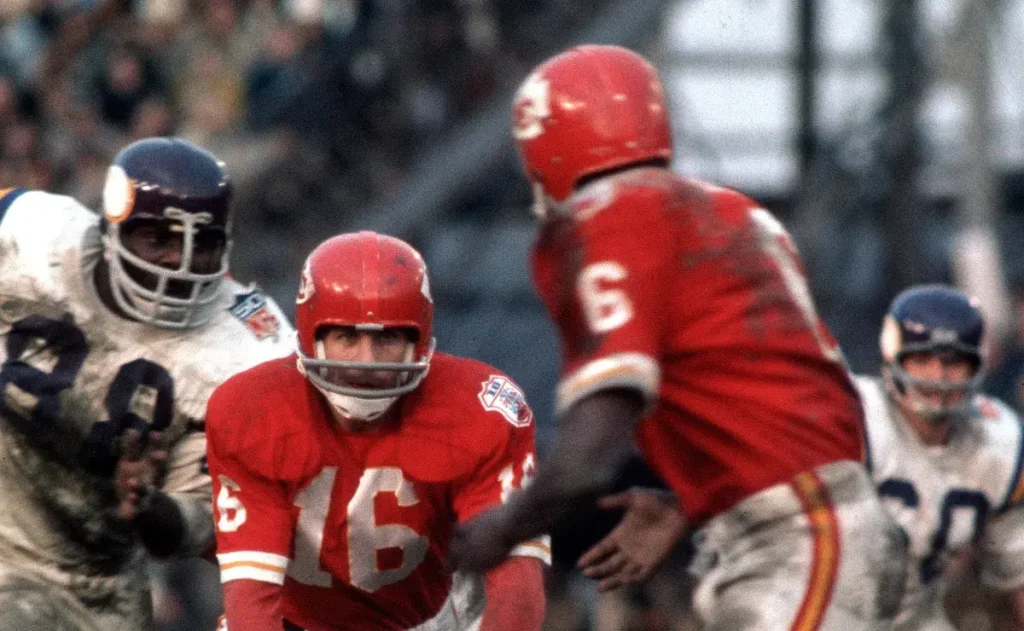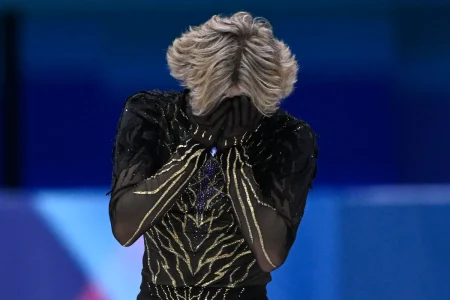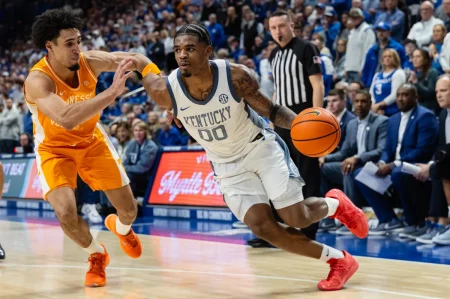Warren McVea: Breaking Barriers on the Field and Beyond
Warren McVea, who passed away at 79 surrounded by family in Los Angeles, left behind a legacy that extends far beyond his Super Bowl championship with the Kansas City Chiefs. As the first Black player to receive a football scholarship to a major Texas university, McVea’s journey from San Antonio’s Brackenridge High School to the University of Houston in 1964 marked a pivotal moment in the integration of college sports in the South. His groundbreaking decision to accept that scholarship opened doors for countless athletes who followed, while his spectacular performance on the field—amassing 1,461 rushing yards, 841 receiving yards, and 17 touchdowns during his college career—proved his selection was based on undeniable talent rather than tokenism.
McVea’s professional career began with the Cincinnati Bengals, who selected him in the fourth round (109th overall) of the 1968 AFL Draft. His rookie season showed significant promise, with two touchdown receptions and one rushing score. However, a trade to the Kansas City Chiefs on September 8, 1969, would ultimately define his professional legacy. Though not expected to achieve greatness that season, McVea joined a Chiefs team that defied expectations by first defeating the Oakland Raiders for the AFL championship and then shocking the heavily favored Minnesota Vikings in Super Bowl IV. In that historic upset, McVea led all players with 12 rushing attempts, contributing to one of the most surprising championship victories in professional football history.
The remainder of McVea’s NFL career never quite matched the heights of that championship season. While the Chiefs returned to the playoffs in 1971, McVea didn’t participate in their heartbreaking double-overtime playoff loss to the Miami Dolphins. His career trajectory took a downward turn when a devastating knee injury sidelined him for the entire 1972 season. When he returned in 1973, he appeared in just seven games, carrying the ball only four times for a mere five yards before his professional football career came to an end. In total, McVea played six seasons in professional football—one with the Bengals and five with the Chiefs—with his Super Bowl championship standing as the pinnacle achievement of his time in the NFL.
Life after football presented significant challenges for McVea, whose post-career struggles contrasted sharply with his pioneering athletic achievements. The difficulties he faced became painfully public when he was sentenced to five years in prison for arson in 1989, reportedly having already lost his Super Bowl ring, his wife, his home, and two cars. This personal downfall followed an earlier conviction for cocaine possession, painting a picture of a man wrestling with serious personal demons after the roaring crowds and championship glory had faded away. His story serves as a sobering reminder of how difficult the transition from celebrated athlete to private citizen can be, especially for those who broke barriers and carried the additional weight of being “firsts” in their fields.
Despite these personal struggles, McVea’s contributions to sports history have been rightfully recognized. His induction into both the San Antonio Sports Hall of Fame in 2003 and the University of Houston Athletics Hall of Honor in 2004 acknowledged not just his athletic prowess but also his cultural significance as a pioneer who helped integrate college football in Texas. These honors reflect an understanding that McVea’s impact transcended statistics and championships—he changed the landscape of sports in a region where racial barriers had been particularly entrenched, creating opportunities for generations of athletes who would follow in his footsteps.
Warren McVea’s life story encapsulates the complex journey of many barrier-breaking athletes: the triumph of overcoming prejudice and proving doubters wrong, the fleeting glory of athletic success, and the complicated reality of life after the spotlight dims. As we remember McVea’s passing, we’re reminded that his most enduring achievement wasn’t carrying the ball in Super Bowl IV, but rather the doors he opened by being willing to be the first—accepting that scholarship to Houston when no other Black athlete had done so at a major Texas university. His daughter Tracey Ellis shared the news of his passing, but the true news is that McVea’s legacy lives on in every integrated college program, in every barrier broken since, and in the understanding that sports can be a powerful vehicle for social change when pioneering individuals have the courage to go where others haven’t been allowed to go before.














